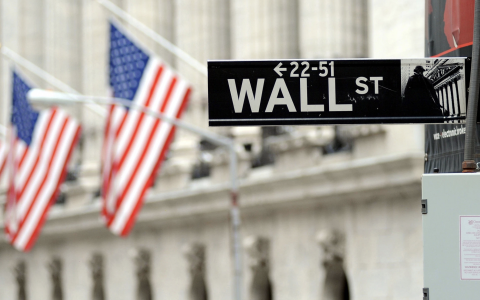
(MarketWatch) We may be roughly 11 trading sessions from the end of the year, but lately it’s been feeling more like 100.
Stock futures are going south as Sunday’s deadline for additional, hefty tariffs on Chinese imports looms. Ahead of that we’ve got the last meetings of the year for the Federal Reserve and European Central Bank, alongside a U.K. general election.
Given how Wall Street has survived much of what’s been thrown at it in the past 10 years, it’ll likely muddle through this. “Don’t bet against the U.S.,” is our call of the day, from Kyle Bass, founder and chief investment officer of Hayman Capital Management.
“Where are you going to put your money? In Europe, in China, in South America? There is no better place to put your money than the United States,” Bass told MarketWatch in an interview on Monday. “We have a rule of law, and we have the best economy as well.”
Bass says his firm is always “long [on] U.S. human innovation and where we’re short, we’re short in areas of the world in which we see potential severe dislocations,” though he says those shorts haven’t made money, with even global currency markets fairly benign. He backed out of a bearish offshore Chinese yuan position earlier this year.
“But I think American exceptionalism is here to stay. I think the place to invest in the next 10 to 20 years is America’s youth and America’s entrepreneurs,” said Bass.
The hedge-fund manager is famous for making winning bets on subprime loans back in 2007, though his prediction earlier this year that U.S. stocks would end 2019 below where they started has not panned out so far.
Bass says he believed the U.S. was headed for a recession by 2020, but now thinks a downturn could be averted. That’s due to the vast sums of money the Fed spent to keep credit flowing through short-term cash markets, after sudden stress appeared in early September, he says.
What this represents is renewed quantitative easing — expanding the Fed’s balance sheet and printing more money — from the Fed. Maybe that will “grease for the market enough to not have a recession, but our growth is going to slow in 2020,” as China and Europe’s economies are troubled, he said.



